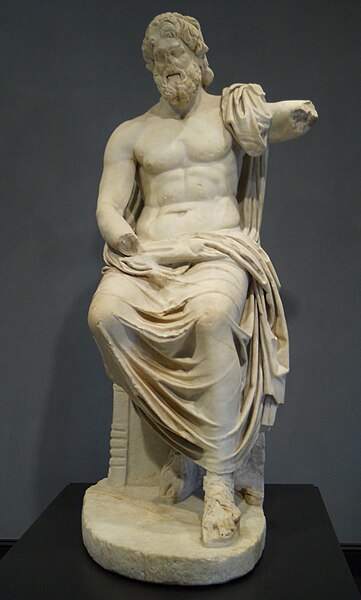Infinite photos and videos for every Wiki article ·
Find something interesting to watch in seconds
Tallest Buildings
Celebrities
Largest Empires
Animals
Great Cities
Kings of France
Great Museums
Best Campuses
Wars and Battles
Presidents
Great Artists
Ancient Marvels
British Monarchs
Crown Jewels
Orders and Medals
World Banknotes
History by Country
Sports
Largest Palaces
Richest US Counties
Supercars
Countries of the World
Famous Castles
Recovered Treasures
Wonders of Nature
Rare Coins
more top lists





